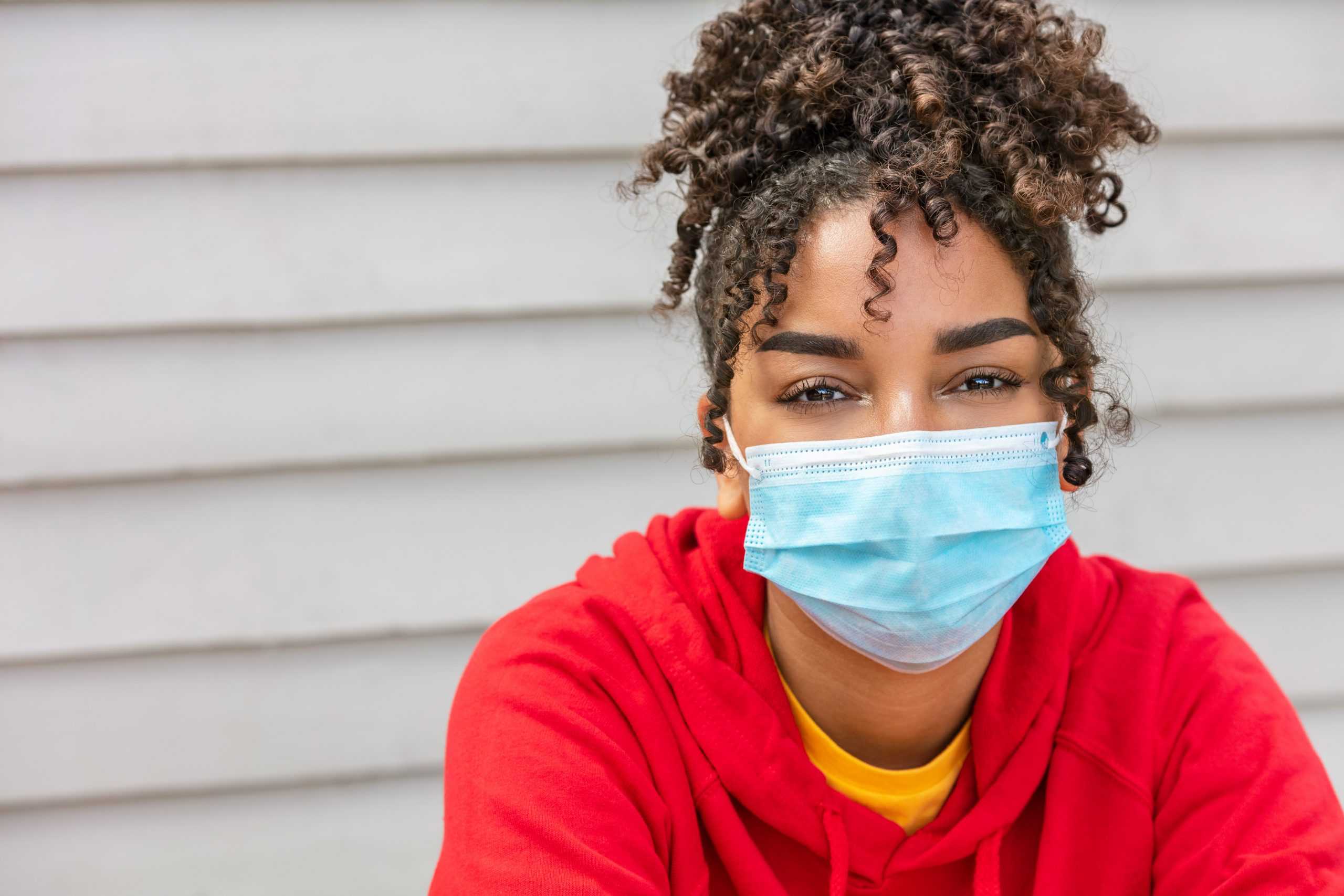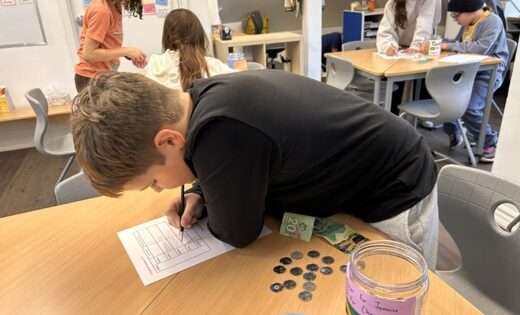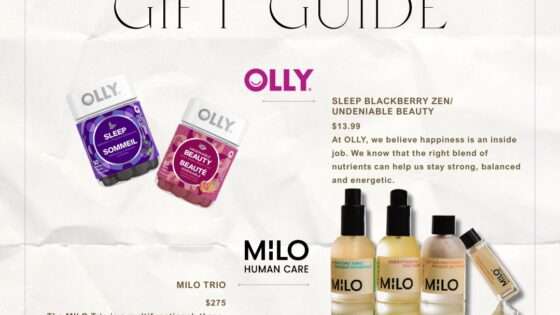on
BY SIMONE J. SMITH
“This is about selling more stuff, not health equity.” Dr. David Bell (Public Health Physician and Biotech Consultant)
In today’s digital age, it has never been more crucial to be discerning about the information we consume on social media. The content we encounter shapes our beliefs, influence our choices, and impact our lives in ways we may not even realize.
What I’m about to share with you is poised to become a significant topic of discussion, and it’s essential that you are well-informed and prepared. By equipping yourself with knowledge and engaging in thoughtful research, you can make educated decisions that protect and benefit both you and your family.
There is reportedly a mounting mpox outbreak in Africa, which apparently constitutes a public health emergency of international concern, the World Health Organization (WHO) declared on Wednesday August 14th, 2024.
“The picture of how mpox is spreading is complex. The main mode of transmission is through close physical contact, which drives spread in households, for instance,” said Maria Van Kerkhove, the WHO’s acting interim director of Epidemic and Pandemic Preparedness and Prevention (EPPP). “The virus, and especially clade 1b, is also spreading through sexual networks. To a lesser extent, transmission from contact with infected animals or their bodily fluids is also driving cases,” she added.
The declaration hinged on advice from an emergency committee that the WHO assembled to discuss an unprecedented surge of mpox in the Democratic Republic of the Congo (DRC), which has now spilled into adjacent countries. Mpox cases were already rising in the DRC in 2023, but now they have reportedly skyrocketed — more than 14,000 cases have been reported so far in 2024, exceeding last year’s total count.
“In the view of all members, it was unanimous that the current outbreak of mpox is an extraordinary event,” shared Dr. Dimie Ogoina, a physician-scientist and the chair of the 15-member emergency committee, said during a virtual news conference. “One big factor in the decision was that we’re having the highest number of cases ever reported in the DRC. What we have in Africa is actually the tip of the iceberg,” Dr. Ogoina said, citing major gaps in diagnostic testing. “We don’t have the full picture of this burden of mpox.”
Sigh! I want to let everyone know that this is the second time in two years that the WHO has declared mpox a “Public health emergency of international concern,” which is its highest form of an alert.
This is the eighth public health emergency the WHO has declared since 2007, when it substantially revised its International Health Regulations (IHR). Critics have called the process for designating such an emergency “non-transparent and contradictory.”
In July 2022, the WHO declared mpox a global emergency after reporting the disease had spread to more than 70 countries, mostly affecting gay and bisexual men. At the time, the WHO made the declaration unilaterally, in direct contradiction to independent review panel advice. The 2022 outbreak reportedly affected nearly 100,000 people, primarily gay and bisexual men, in 116 countries and about 200 people died.
While during my research I learned that the number of deaths caused by mpox is minuscule compared to the number of deaths caused by other diseases common to Africa, such as tuberculosis and malaria.
“Although the actual numbers are unclear,” David Bell (Public Health Physician and Biotech Consultant) said, “WHO claims about 500 deaths from Mpox this year in DRC [Democratic Republic of Congo]. That is about how many people die of tuberculosis every 4 hours.” By overly focusing on mpox, David explained, “The WHO is diverting funding from addressing these other diseases and ‘very basic’ issues affecting DRC residents’ health, such as sanitation and nutrition.”
The WHO is now working to increase the availability of mpox vaccines in Africa by securing deals with manufacturers and donations from countries with existing stockpiles. They’re working with the makers of vaccines called MVA-BN (which is marketed as Jynneos in the U.S.) and LC16, which is produced by the government of Japan.
Last week, the WHO triggered the process to grant Emergency Use Listing to two mpox vaccines, although it didn’t name which ones it would list. The agency also invited manufacturers of mpox vaccines to submit an “expression of interest” for Emergency Use Listing.
The DRC, where the outbreak is concentrated and most severe, have approved the two vaccines — Japan’s LC16 and Bavarian Nordic’s Jynneos, which is also marketed as Imvamune and Imvanex. Surprise, surprise. Stock prices for mpox vaccine maker Bavarian Nordic surged after the World Health Organization (WHO) declared mpox a global public health emergency. The company’s share prices jumped 17% in early trading in Copenhagen, Forbes reported, after climbing 12% when the WHO made its announcement.
Interesting, isn’t it! I discovered a group, “The South Africa Vaccine Injury Medico-Legal Study-Group (SAVIMS),” and they pointed out some pertinent facts:
- There is no prescribed vaccine with documented Level 1 scientific evidence for monkeypox. The current WHO-recommended live virus vaccines, Jynneos and ACAM2000, are:
(a) intended for smallpox and are thus experimental for monkeypox;
(b) have reported serious adverse effects, and;
(c) contain live viral strains which may instigate a resurgence of the eradicated smallpox virus.
- The potential use of mRNA vaccines. There is no scientific evidence supporting the use of any mRNA vaccine to prevent or mitigate any infectious disease. The observed data of adverse reactions to experimental mRNA vaccines far outweighs any benefit.
- Informed consent is an ethical concept that is codified in the law and is in daily practice at every healthcare institution. Three fundamental criteria are needed for clinical informed consent: the patient must be competent, adequately informed and not coerced. It is not possible for any recipient of these vaccines to receive legitimate informed consent based on current research.
- The statistics and analysis, regarding the collated monkeypox data in the Democratic Republic of Congo and other countries in Africa by the WHO, warrant further investigation and must be independently audited.
- There have been no autopsy reports published on the deaths related to monkeypox. The lack of formal documented autopsy, lack of information regarding equipment test sensitivities and specificities, and lack of information on procedures validating random collation of data, further reduces and invalidates the authenticity of the statistics.
SAVIMS has since then put out a position statement regarding emergency monkeypox vaccine rollout in Africa, “We have reviewed the literature and analyzed the data on monkeypox, as well as its etiopathogenesis. Based on our understanding of this disease:
- We do not support the Africa CDC and WHO declaration of a global health emergency for monkeypox.
- It is established that monkeypox is predominantly a self-limiting condition. This does not warrant vaccine intervention.
- We strongly object, based on the scientific evidence, to the “emergency” rollout of repurposed smallpox vaccines or any other proposed monkeypox vaccine to the people of Africa.
- We question the authenticity of the number of deaths associated with monkeypox, as reported by the Africa CDC unless it can be verified through autopsy.
- We warn members of the public about the inherent risks of taking any vaccine, including those proposed for mpox, of which the effectiveness and safety have not been reliably determined by Level 1 clinical trials. There can be no justification for a vaccine with unknown adverse effects.
- We urge the public to exercise their inherent human rights to refuse to give consent to any medical intervention that they do not feel comfortable taking.
This is how the last global pandemic began: it started in one place, and before we knew it, we were locked down in our homes, masked up, and restricted to going out at specific times—a scenario that felt like a modern form of enslavement. Let this story serve as a warning. There are developments on the horizon that will impact us right here in Canada. Arm yourself with the truth and learn to navigate the media’s narratives. Stay vigilant, stay informed, and be prepared for what lies ahead.
REFERENCES:
Today’s WHO Works for the Pandemic Industrial Complex — That’s Why Mpox Is a Public Health Emergency
Monkeypox or Moneypox? WHO Director Overrules Panel, Declares Public Health Emergency
‘No Justification’: South African Vaccine Injury Group Warns Against Mpox Vaccine
Mpox Vaccine Maker’s Stock Price Soars After WHO Declares Global Public Health Emergency
https://www.livescience.com/health/viruses-infections-disease/breaking-who-declares-mpox-outbreak-in-africa-an-international-emergency?lrh=a587573c54ff8701ae005c06f0a9c71b116a5f240c9a8576e37816455e4015b7
https://www.livescience.com/health/viruses-infections-disease/who-may-declare-new-deadlier-mpox-outbreak-an-international-emergency
https://www.livescience.com/what-is-monkeypox-symptoms-treatment#section-how-does-mpox-spread
https://www.idsociety.org/science-speaks-blog/authors/dimie-ogoina-mbbs-fwacp-fmcp-facp-fidsa/
https://www.ncbi.nlm.nih.gov/pmc/articles/PMC7299007/
https://apnews.com/article/who-mpox-outbreak-experts-meeting-6fbd377ba1a9f3b2e344673978ff47c7
https://worldhealthorg.shinyapps.io/mpx_global/
https://www.forbes.com/sites/roberthart/2024/08/15/vaccine-maker-shares-soar-after-who-declares-health-emergency-over-africa-mpox-outbreak/
Stay in the loop with exclusive news, stories, and insights—delivered straight to your inbox. No fluff, just real content that matters. Sign up today!
We, as humans are guaranteed certain things in life: stressors, taxes, bills and death are the first thoughts that pop to mind. It is not uncommon that many people find a hard time dealing with these daily life stressors, and at times will find themselves losing control over their lives. Simone Jennifer Smith’s great passion is using the gifts that have been given to her, to help educate her clients on how to live meaningful lives. The Hear to Help Team consists of powerfully motivated individuals, who like Simone, see that there is a need in this world; a need for real connection. As the founder and Director of Hear 2 Help, Simone leads a team that goes out into the community day to day, servicing families with their educational, legal and mental health needs.Her dedication shows in her Toronto Caribbean newspaper articles, and in her role as a host on the TCN TV Network.












